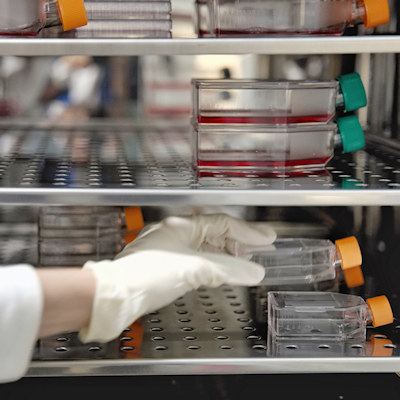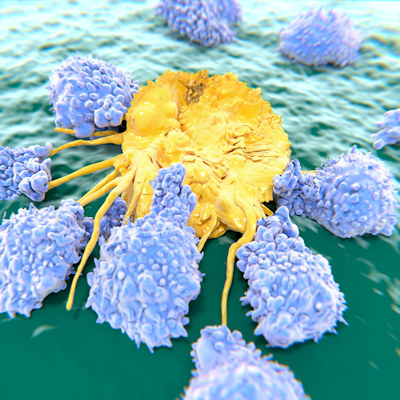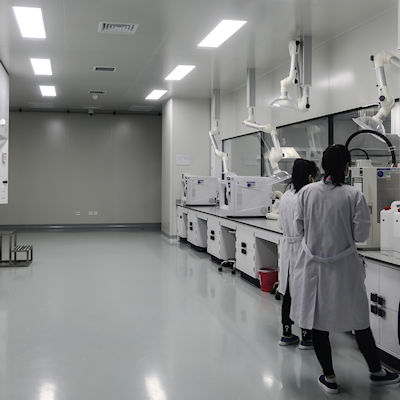August 23, 2021 -- Sartorius Stedim Biotech and McMaster University, which is located in Hamilton, Ontario, Canada, plan to collaborate on an effort to improve advanced manufacturing processes for antibody and virus-based treatments for diseases like COVID-19 and cancer.
A team from McMaster will use Sartorius' multicolumn chromatography system to develop a process for purifying therapeutic viruses that will be more cost-effective than current options, Sartorius said.
Chromatography is a way to purify compounds in the field of biomanufacturing. The company's system consists of a parallel processing protocol that makes it more efficient from both a resource and cost standpoint.
The collaboration is intended to support the United Nations' sustainable development goals (SDGs), according to Sartorius. The project will also provide student training opportunities at the company's research and development centers in North America and Europe.
"This partnership with McMaster University will lead to impactful research that will make important treatments available at a greater scale," said Brandon Corbett, PhD, a research scientist at Sartorius. "We see this as a way to expand our research development and bring SDG-aligned pharmaceuticals to Canadian and global markets."
Copyright © 2021 scienceboard.net











